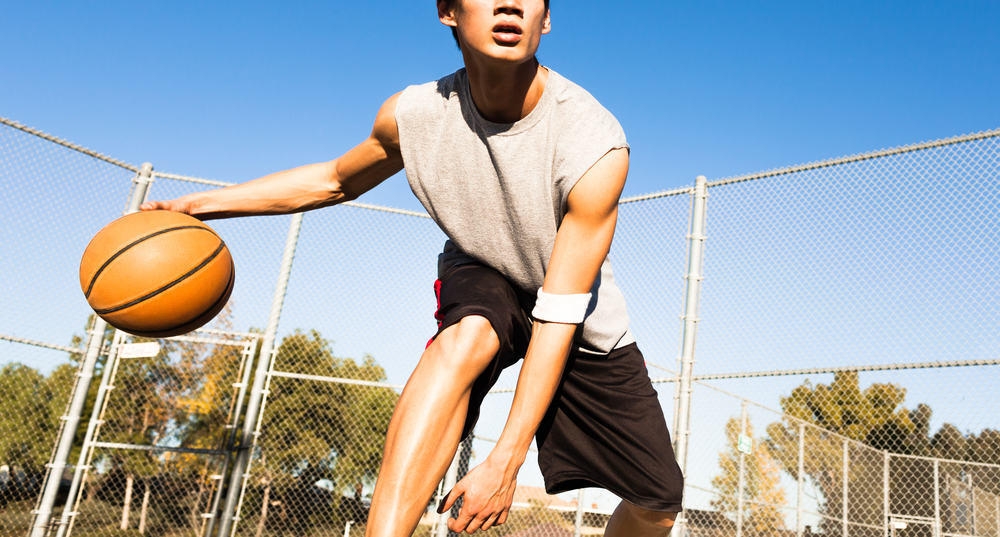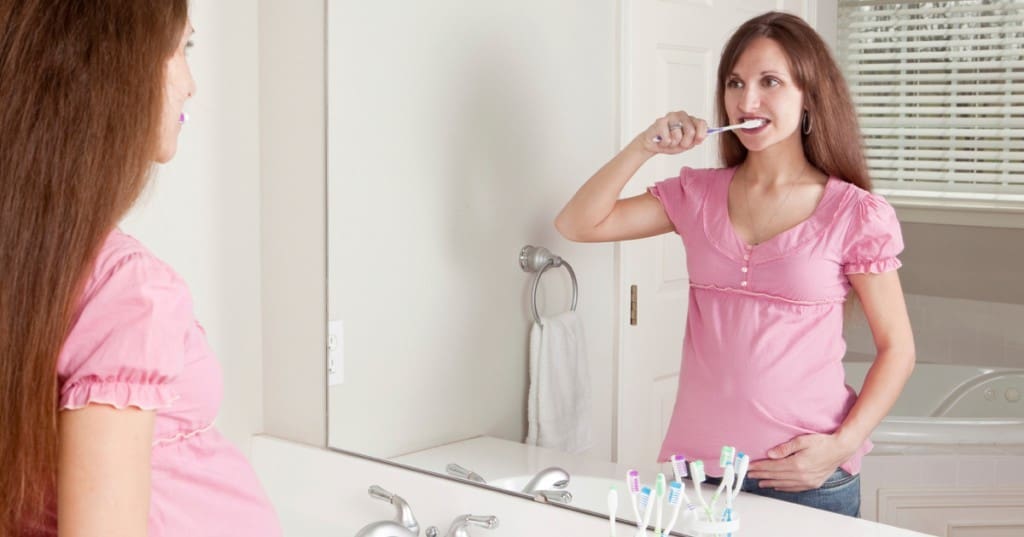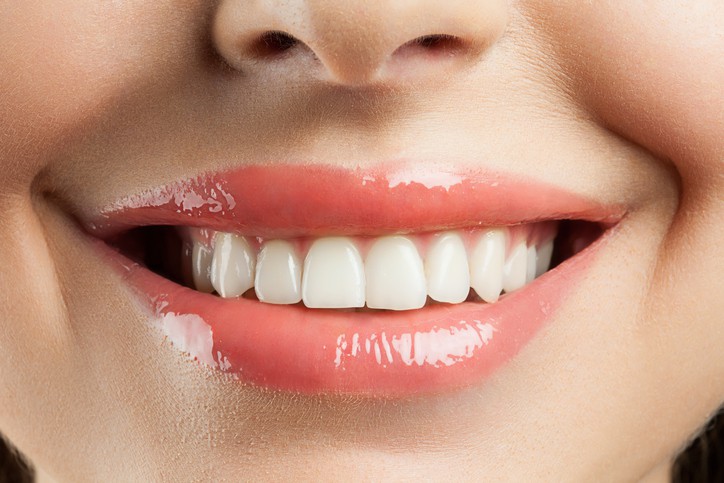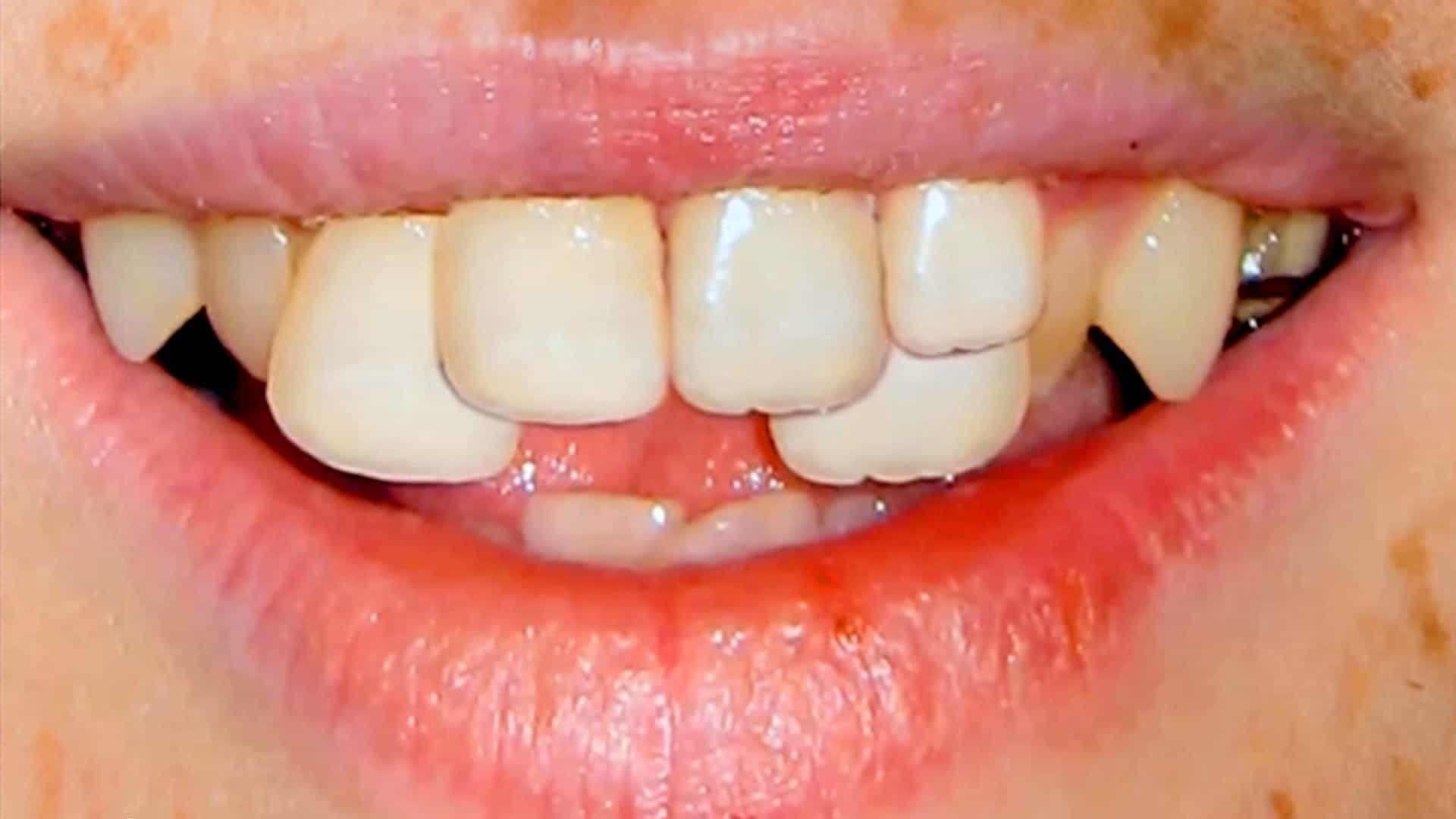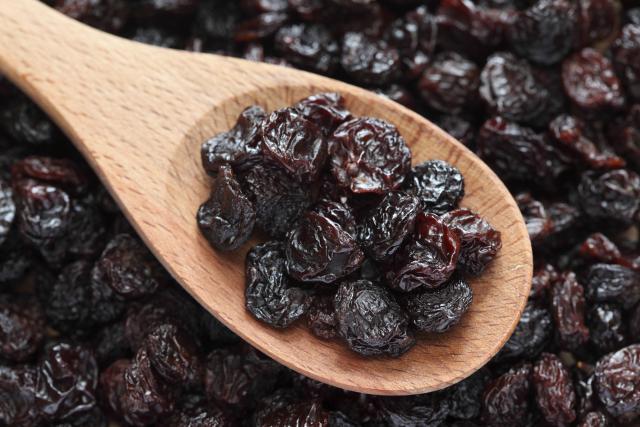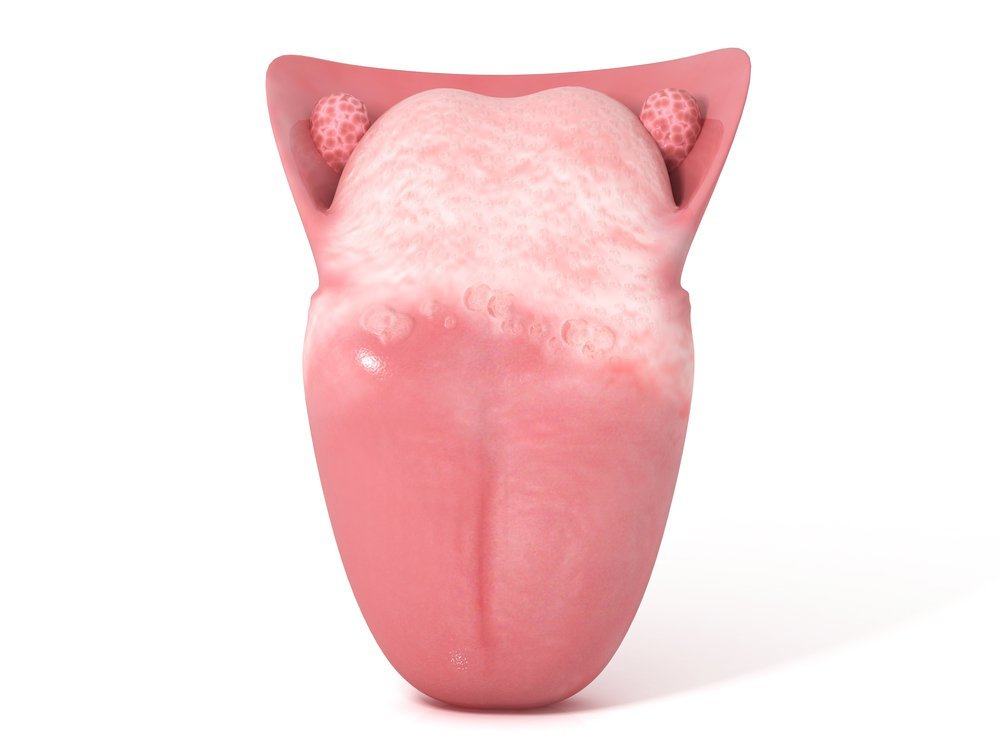Contents:
- Medical Video: 27 Weeks Pregnant - Fetal Development & What To Expect
- Development of Babies 27 Weeks
- How should the baby develop 27 weeks?
- Health for babies aged 27 weeks
- What do I need to discuss with the doctor?
Which must be considered What do you need to watch out for when your baby is 27 weeks old?
Medical Video: 27 Weeks Pregnant - Fetal Development & What To Expect
Development of Babies 27 Weeks
How should the baby develop 27 weeks?
At the age of 27 weeks, the baby can generally do a number of these things:
- Stand while holding on to someone or object
- Fight or defend the toy if you try to take the toy
- Trying to get a toy is out of reach
- Pass a block or other object from one hand to another
- Scratching the floor to pick up small objects and hold them (keep them away from children)
- Chattering, combining vowels and consonants into ga-ba, ba-ba-ba, ma-ma-ma, da-da-da
- Eat your own biscuits or hold food.
What should I do with my baby?
At the age of 27 weeks, the baby may tell you that he is ready to eat snacks from an early age by being bribed with a spoon or taking food from a plate.
Divide the food into 4-5 parts into the baby's eating place or on a plate that is not easily broken. To reduce the risk of choking, the best way is to feed the baby while sitting upright on a chair, the baby must sit higher in the stroller seat.
At the age of 27 weeks of development, the baby may want to eat but has no teeth, so start with foods that he can chew with gums or crushed in his mouth. When a baby is almost 1 year old, you can provide a larger portion of food.
Read books to improve your baby's skills and make them happy to read. Children may not have patience when sitting when you read stories, but don't be disappointed. Whatever the age of the child, reading can help him blend in with the outside community.
Health for babies aged 27 weeks
What do I need to discuss with the doctor?
At this stage of development of a 27-week-old baby, the doctor will carry out a whole physical test, using different diagnostic and examination techniques. The doctor or nurse will check all or some of the following:
- Vaccination the third time if the child is healthy and there are no other contraindications. Be sure to discuss with your doctor about any reactions that may appear before the injection.
- Ask the doctor: What response can arise during the third vaccination? How do you deal with reactions in the body? What is the baby's reaction when you contact a doctor? What kind of food do babies have to eat right now?
What should I know?
At the age of 27 weeks, there are a number of things you should know:
1. Bring the sick child to the emergency room
It might sound scary for parents when they hear children being taken to the ER. But at least you must be prepared to prevent the worst case. The most common reasons for children to the emergency room are serious allergic reactions, high fever, or asthma. In addition, there are other things that make the baby have to be taken to the ER when your child falls and a part of his body has a torn wound that needs to be sewn or swallowed a small object.
In addition, if the child has difficulty breathing for a reason or anaphylaxis, contact the hospital emergency department. Before an emergency might occur, you should know the nearest emergency room (ideally at the children's hospital) and the route to get there. Emergency room staff will tell you to fill out a form, so keep your health insurance information and your name, your telephone number, and your pediatrician.
2. Provide cow's milk
It is recommended not to give the baby milk before the baby is a year old. You can provide babies with iron-rich formula specifically for babies. Consult your doctor before deciding on the type of baby formula when you decide to wean the baby.
When babies start drinking cow's milk after a year, make sure you use whole milk or skim milk instead of milk without or low fat. Whole milk is generally recommended after a child aged 2 years, although some doctors allow the use of milk containing 2% fat for children over 18 months.
Which must be considered
What do you need to watch out for when your baby is 27 weeks old?
Below are some things that you might need to pay attention to in the development of a 27-week baby
The importance of brushing your baby's teeth
There are many reasons why you should brush your baby's teeth at the age of 27 min.
First, the baby will have permanent teeth.The first tooth is damaged or decayed, can be released and change the shape of the mouth permanently. Moreover, babies will also need these teeth to bite and chew for several years before being replaced by permanent teeth. Healthy teeth are important for the development of speech and appearance - both of which are very important for children until adulthood.
- Second, you should start practicing the habit of brushing your teeth immediately. Good dental habits will be a strong basis for making sure the baby's teeth are healthy until their permanent teeth grow.
Another alternative is to clean the baby's teeth
In addition to brushing your teeth, you can use gauze pads, clean towels, specially designed disposable finger protectors or soft toothbrushes or baby toothbrushes (with a brush no more than 3 lines) moistened with water to clean baby's teeth.
Clean and brush baby teeth after eating and before going to bed. Remember to brush it gently and do not forget to wipe the tongue because the tongue is a nest of bacteria. Do not use toothpaste, but you can still give a little toothpaste to add flavor to your toothbrush if the baby starts to brush.
In addition to dental care, adequate nutrition is also important for the baby's oral health. Start eating nutritious food now. Be sure to add enough calcium, phosphorus, fluorine, minerals, and other vitamins to the baby (especially vitamin C, which helps maintain healthy gums) and limit artificial sugar-rich foods (including biscuits) or sticky natural sugar (such as dried fruit, even raisins). These substances can help prevent pain associated with bleeding teeth and gum caries.
You need to limit the amount of sweet foods for babies to a maximum of once or twice a week. Because the more sugar consumption, the more at risk of tooth decay. Give the baby sweet food at mealtime, do not give it between meals. Brush baby teeth after eating sweet foods.
Periodic medical examinations the first time is done between the 6th and 12th months, for children at high risk of dental caries. If babies have the habit of drinking fruit juice or formula before bed, babies have nightmares at night or during the day, or babies spend more time sucking bottles also at risk of tooth decay. Check the baby's teeth as soon as possible to prevent periodontal disease. If the baby is sparsely toothed, the baby's teeth will usually be refilled afterwards so this case rarely requires your initial intervention and the dentist.
What is the growth of a baby at 28 weeks?


